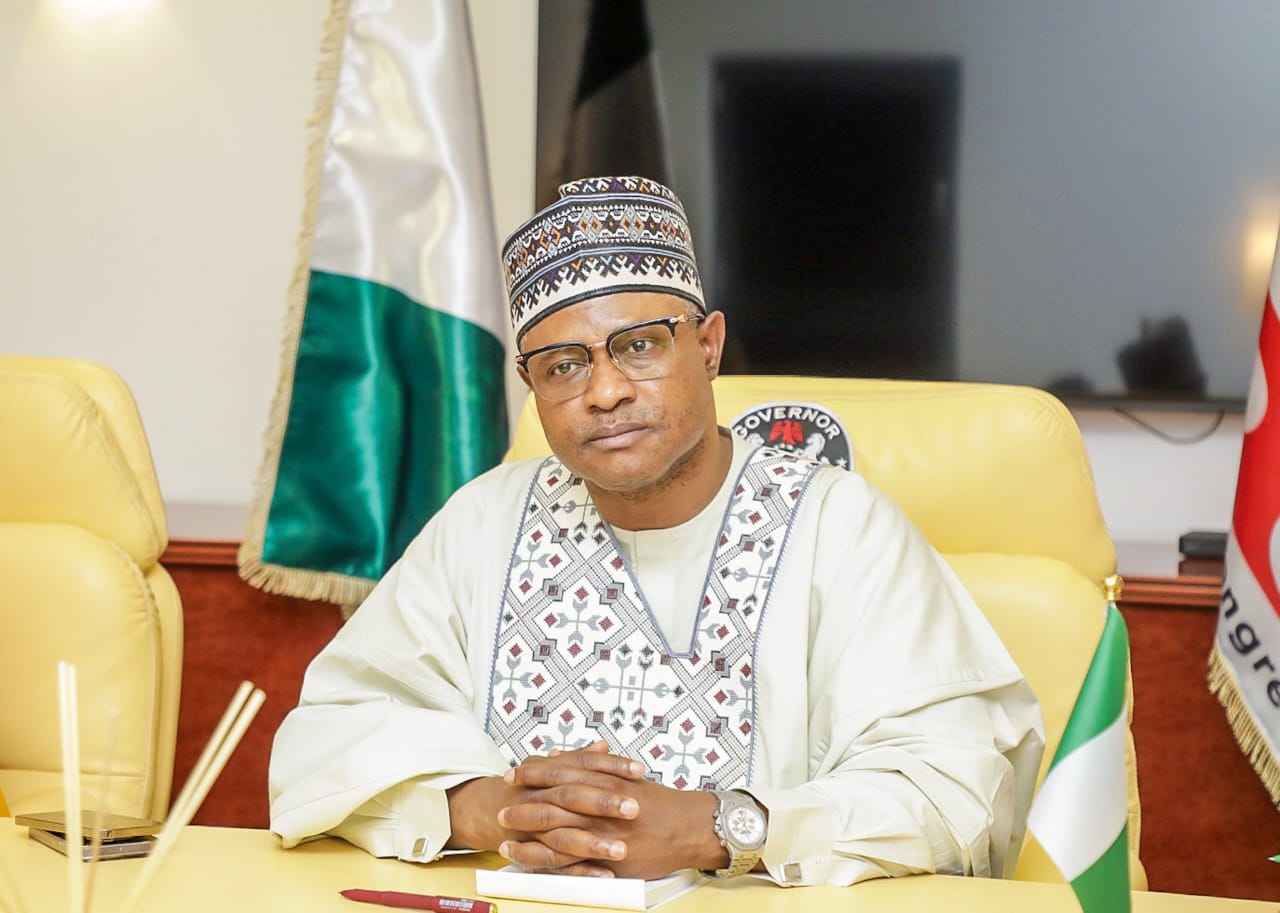The Kaduna State Governor, Senator Uba Sani, on Saturday, lamented the huge debt inherited from his predecessor, Malam Nasir El-Rufai, on May 29, 2023, declaring that the state is now left with few amounts not enough to pay salary.
The governor said this while addressing a town hall meeting at the late Umaru Yar’Adua Hall, Kaduna, adding that his administration inherited a total of $587million, N85bn, and N115bn contract liabilities from the ex-governor.
He noted that he had yet to borrow in the last nine months of his government due to the huge debt burden eating deep into the state’s Federal Allocation.
The governor lamented that due to the rise in the exchange rate, he was paying back almost triple what was borrowed by the previous administration of El-Rufai.
According to him, seven out of the N10 billion Federal Allocation for the state in the month of March was deducted to service the state’s debt.
From this, the governor further lamented that the state was left with a paltry N3 billion, an amount which was not even enough to pay salary as the state’s monthly salary bill stood at N5.2 billion.
He, however, assured that the state’s debt burden notwithstanding, his administration remained ever determined in steering Kaduna State towards progress and sustainable development, as the government has conducted a thorough assessment of the situation and was sharpening its focus accordingly.
He said, “Despite the huge debt burden of $587 million, 85 billion naira, and N115bn contractual liabilities sadly inherited from the previous administration, we remain resolute in steering Kaduna State towards progress and sustainable development. We have conducted a thorough assessment of our situation and are sharpening our focus accordingly.
“It gladdened my heart to inform you that despite the huge inherited debt on the state, to date, we have not borrowed a single kobo. The key priority areas of our government include safety and security, housing, education, healthcare, and support for Micro, Small, and Medium Enterprises. We are also prioritising inclusive development by investing in human capital, stimulating the economy, and providing affordable housing.”



